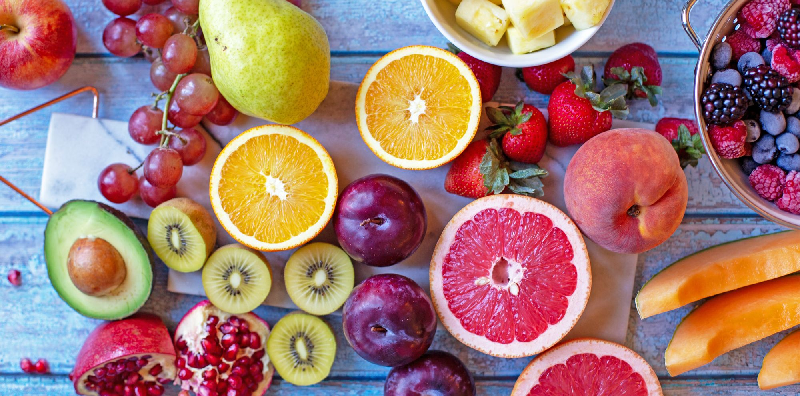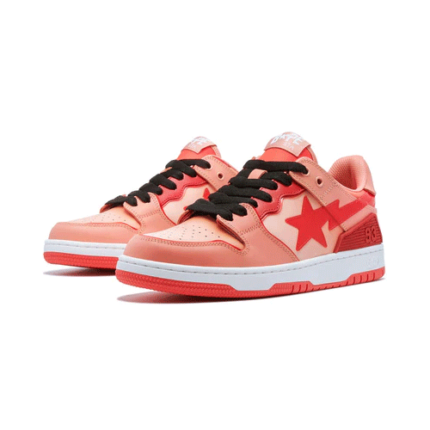The rise of social media has given birth to a new breed of celebrities known as social media influencers. Influencers are individuals who have built a following on social media platforms such as Instagram, YouTube, and TikTok, based on their expertise, content, and personality. They have become powerful marketing tools for brands, with influencer marketing projected to become a $15 billion industry by 2022.
Also Read: How to Eat in a Restaurant in 2023
The Emergence of Influencer Marketing
Influencer marketing has gained popularity in recent years, with brands leveraging the power of influencers to reach their target audiences. Influencers are seen as a more relatable and trustworthy source of information than traditional advertising methods. Brands partner with influencers to promote their products or services to their followers, which can lead to increased sales and brand awareness.
The Power of Social Media
Social media has become an integral part of modern life, with billions of people using platforms such as Facebook, Instagram, and Twitter every day. Social media has the power to connect people from all over the world, and this connectivity has given rise to influencers who have built large, engaged followings. Influencers have the power to reach millions of people with a single post, making them valuable marketing assets for brands.
The Difference between Traditional Celebrities and Influencers
While traditional celebrities have long been used in advertising, influencers offer a different type of appeal. Traditional celebrities are often perceived as distant and unattainable, while influencers are seen as more relatable and accessible. Influencers are also able to build strong, personal relationships with their followers, which makes them more effective at influencing consumer behavior.
The Role of Authenticity in Influencer Marketing
One of the key factors that make influencers effective at promoting products is their authenticity. Followers trust influencers because they perceive them to be genuine and honest. Brands must be careful to partner with influencers who align with their values and beliefs to maintain the trust of their audience. In recent years, there has been a push for more transparency in influencer marketing, with many influencers now disclosing sponsored posts to their followers.
The Impact of Influencers on Consumer Behavior
Influencers have the power to influence consumer behavior in a way that traditional advertising methods cannot. When an influencer promotes a product, their followers often see it as a personal recommendation from someone they trust. This can lead to increased sales and brand loyalty. Studies have shown that consumers are more likely to make a purchase based on an influencer’s recommendation than a traditional advertisement.
The Controversy Surrounding Influencer Marketing
Despite its effectiveness, influencer marketing has been the subject of controversy in recent years. Some critics argue that influencers are promoting unrealistic beauty standards and lifestyle expectations. Others question the authenticity of influencer’s recommendations, as many influencers are paid to promote products. Brands must be careful to partner with influencers who align with their values and beliefs to avoid backlash from their audience. For more read plese visit homepage.
The Evolution of the Influencer Industry
The influencer industry has undergone significant changes in recent years. The rise of micro-influencers, who have smaller but highly engaged followings, has led to a shift towards more niche marketing. Brands are now partnering with influencers who have specific interests and passions, rather than just large followings. This has led to a more authentic and effective form of influencer marketing.
The Rise of Micro-Influencers
Micro-influencers are influencers who have smaller followings, typically between 1,000 and 100,000 followers. While they may not have the reach of larger influencers, they often have highly engaged followers who trust their recommendations. Brands are now recognizing the value of micro-influencers and are partnering with them to reach specific audiences.
The Intersection of Influencers and Traditional Media
In recent years, there has been a growing intersection between influencers and traditional media. Many influencers are now branching out into traditional media, such as television and movies, while traditional media outlets are partnering with influencers to reach younger audiences. This has led to a blurring of the lines between traditional celebrities and influencers, with many influencers now achieving celebrity status.
The Future of Influencer Marketing
The future of influencer marketing looks bright, with the industry projected to become a $15 billion industry by 2022. Brands are recognizing the value of influencer marketing and are investing more in partnerships with influencers. The rise of niche and micro-influencers is expected to continue, with brands partnering with influencers who have specific interests and passions.
The Challenges Facing Influencers
While influencer marketing has many benefits, it also comes with its own set of challenges. Influencers must navigate a constantly changing landscape of social media platforms, algorithms, and regulations. They must also maintain their authenticity and trust with their followers, while also ensuring that they comply with advertising regulations.
The Influence of Influencers on Popular Culture
Influencers have had a significant impact on popular culture, with many trends and fashions being popularized by influencers on social media. Influencers have become role models for many young people, with their lifestyles and interests being emulated by their followers. The influence of influencers on popular culture is expected to continue, with brands and media outlets partnering with influencers to reach younger audiences.
Conclusion
Social media influencers have become a powerful force in the world of marketing and popular culture. They have the power to reach millions of people with a single post, and their recommendations can have a significant impact on consumer behavior. While the influencer industry has faced its share of controversies and challenges, it is expected to continue to grow and evolve in the coming years. As social media continues to shape the way we communicate and connect with each other, influencers will continue to play a prominent role in our lives.






















